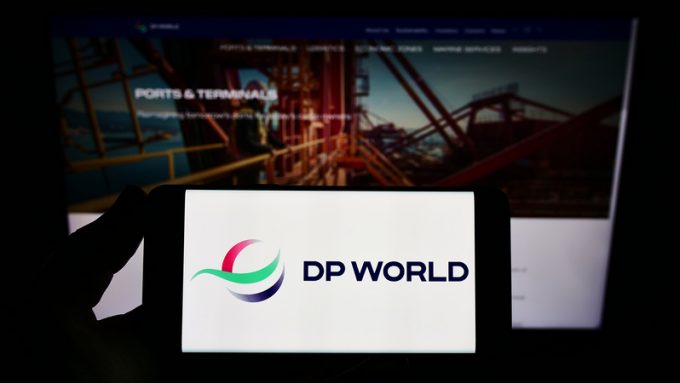Cyber-attacks a bigger threat to cargo owners than cargo ships
A report this week revealed that shipping supply chains are being affected by an alarming ...

Further stoppages and disruption are likely at the Australian ports of Sydney, Melbourne, Brisbane and Fremantle, which are tentatively resuming operations today after a cyber-attack on Friday ravaged DP World’s IT systems.
Monitoring software may have provided a warning early enough to provide DP World staff ...

Comment on this article